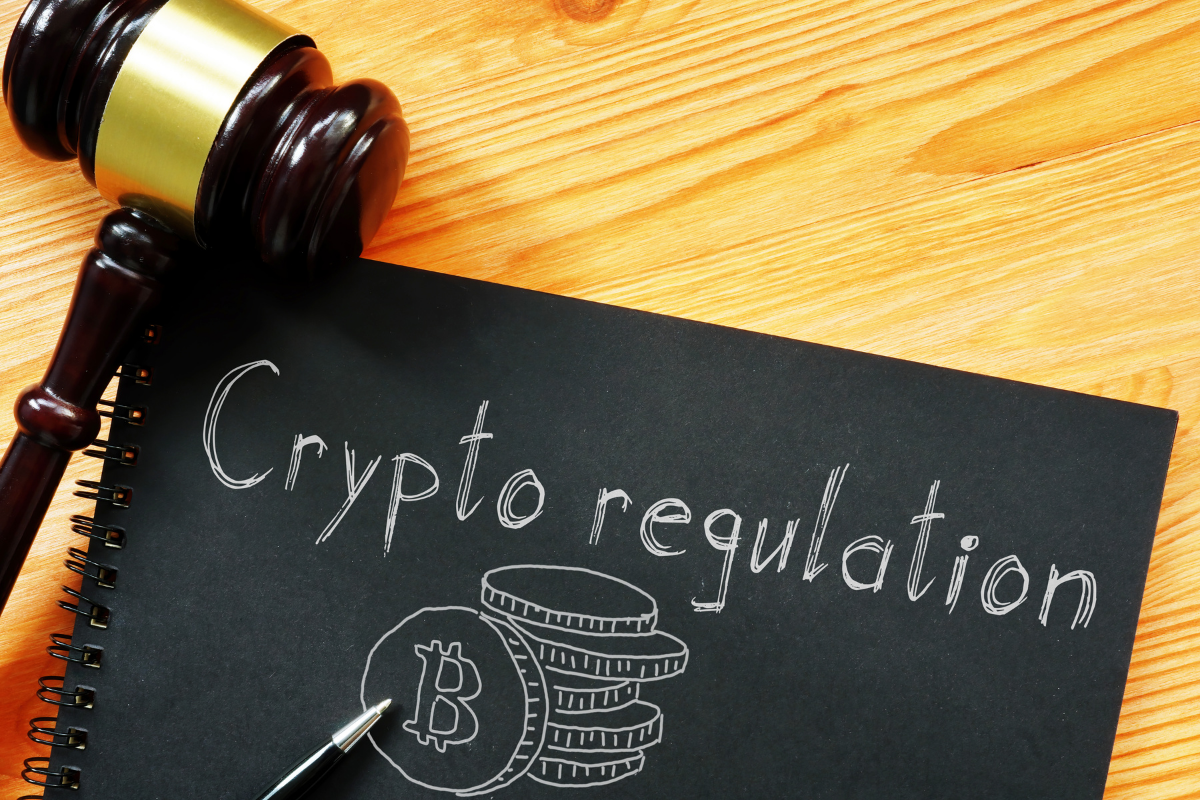Table of Contents
What is the current status for worldwide crypto regulation?
After the renewed rally of cryptocurrencies in recent months, it is time to take a look at the current and future market development for the regulation of tokenized assets. This text focuses in particular on crypto regulations in Europe and its share of the global market capitalization for tokenized assets.
The trend is obvious; the underlying magic of blockchain and DLT is advancing more and more. Until today, the market for tokenized assets consisted almost entirely of cryptocurrencies. However, security tokens are also expected to gain more importance in the future.
With the growing popularity of crypto-assets and security tokens worldwide, the financial regulatory bodies also see the requirement to direct this industry into a controllable environment.
Here are some prominent examples of crypto regulations globally:
1. European Regulators Propose a crypto-specific regulation
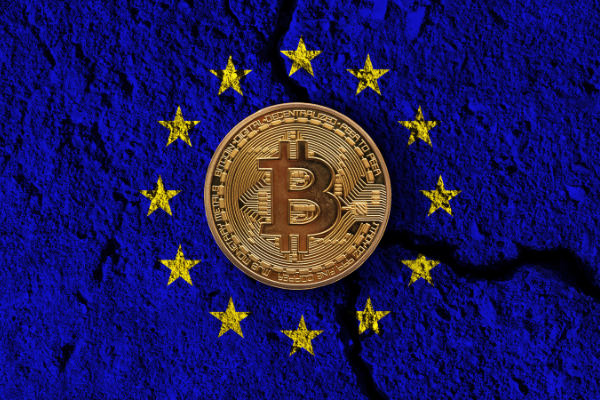
European regulators are implementing new crypto-specific regulatory guidelines for investors and developers under a plan called the Regulation on Markets in Crypto Assets, or MiCAR. Germany is also setting the standard for issuance of electronic securities via the eWpG.
The rise of stablecoins has prompted increased focus on regulation as some worry that stablecoins threaten monetary sovereignty. Under MiCAR rules, e.g. crypto-assets such as stablecoins will require prior authorization to be traded in the E.U.
This will require crypto issuers to file white papers to be reviewed by national regulators that have the power to suspend the tokens issuance.
Crypto exchanges and other crypto-related companies will be obliged to abide by security regulations and receive prior approval to operate.
The MiCAR will not enter into force before the end of 2022.
The U.K. has more specifically focused on crypto-regulations in summer 2021, also requiring certain companies to register with the Financial Conduct Authority (FCA). Consequently, many firms withdrew their applications due to the amount of information they would be required to provide to the FCA.
2. USA
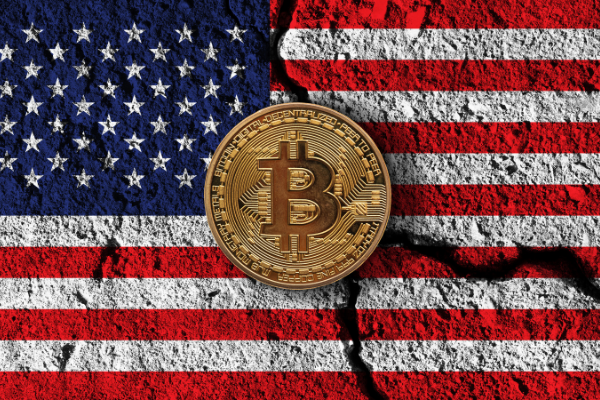
Crypto regulation in the U.S. has been under discussion for a significant time, as crypto made its way into the infrastructure bill still awaiting Congressional approval. The crypto provision in the bill e.g. would require crypto brokers to report digital asset transactions of $10,000 or more to the financial authorities.
However, according to a number of participants in the crypto community, the definition of “brokers” was too vague in the bill. This can be considered as an indicator that many policy makers may not have sufficient knowledge to effectively regulate crypto assets.
Furthermore, regulators at the Federal Reserve have been looking into certain stablecoins pegged to the U.S. dollar, despite some providers or issuers lacking the cash reserves necessary to fully back that instrument.
The Chairman of the US Federal Reserve is quoted to have said that due to many stablecoins being backed by securities, the U.S. may be able to regulate them as investments.
In order to regulate the crypto space as a whole, Congress would have to pass legislation expanding the SEC’s regulatory abilities or create a regulatory code specifically for crypto comparable to the EU approach.
3. China Cracks Down on Crypto
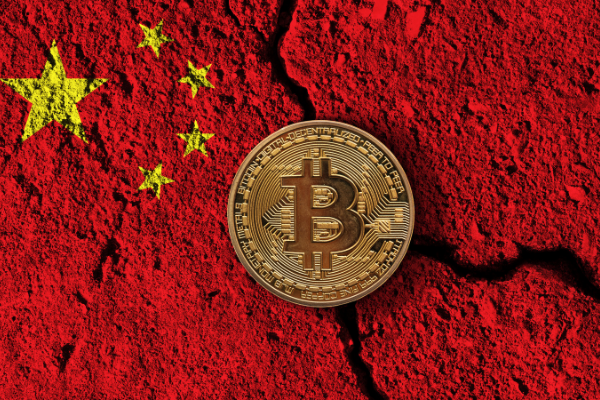
Although China was the original home of many crypto companies, the Chinese regulators have begun to abolish bitcoin mining and trading, forcing huge swaths of bitcoin miners out of the country. This resulted in a massive drop in mining as the miners relocated to other countries.
The People’s Bank of China later asked traditional financial institutions to investigate users involved in crypto trading and discontinue accounts used in crypto trading from sending or receiving funds for transactions.
4. Latin American Countries want to attract more Crypto companies
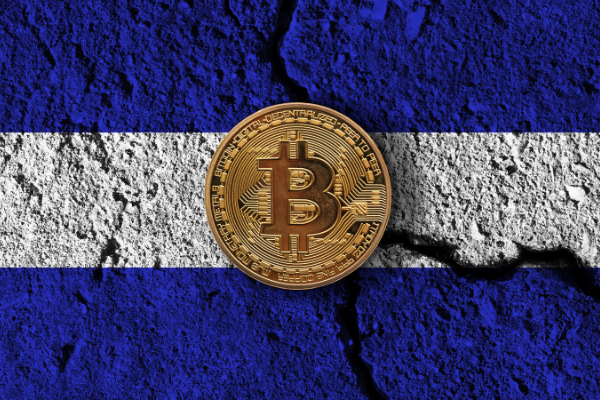
Although some countries, namely Bolivia and Ecuador, have explicitly banned Bitcoin or forbidden it from being used as legal tender for goods and services, many Latin American countries seek to support crypto and potentially attract crypto businesses to their economies.
El Salvador became the first country in the world to approve Bitcoin as legal tender in June. The country also began subsidizing bitcoin mining utilizing renewable energy.
The way forward in crypto regulations
As more and more institutions enter the crypto space, crypto regulation is only in its nascent stage. Most governments around the world are still lagging behind in regards to implementing effective crypto regulations and are struggling to keep up with the fast paced crypto markets.
Some of the main challenges they’re faced with is the lack of knowledge regulators have for the DeFi & Crypto ecosystem, as well as ensuring that regulatory requirements do not higher the barrier to crypto adoption.
In developed countries, Europe seems to be the most advanced in implementing regulations that incentivises the adoption of new technologies rather than slowing down the use of blockchain-based financial products. They still are far behind in ensuring seamless institutional adoption in this market that is exponentially growing.
What is the way forward for seamless regulation of the crypto industry? Make sure to share your opinion with us or learn more about blockchain tokenization in our resources.
At Bitbond, we have been developing blockchain-based financial products since 2013. We currently offer compliant tokenization solutions, helping highly regulated financial institutions implement blockchain technology designated to radically improve their processes.

